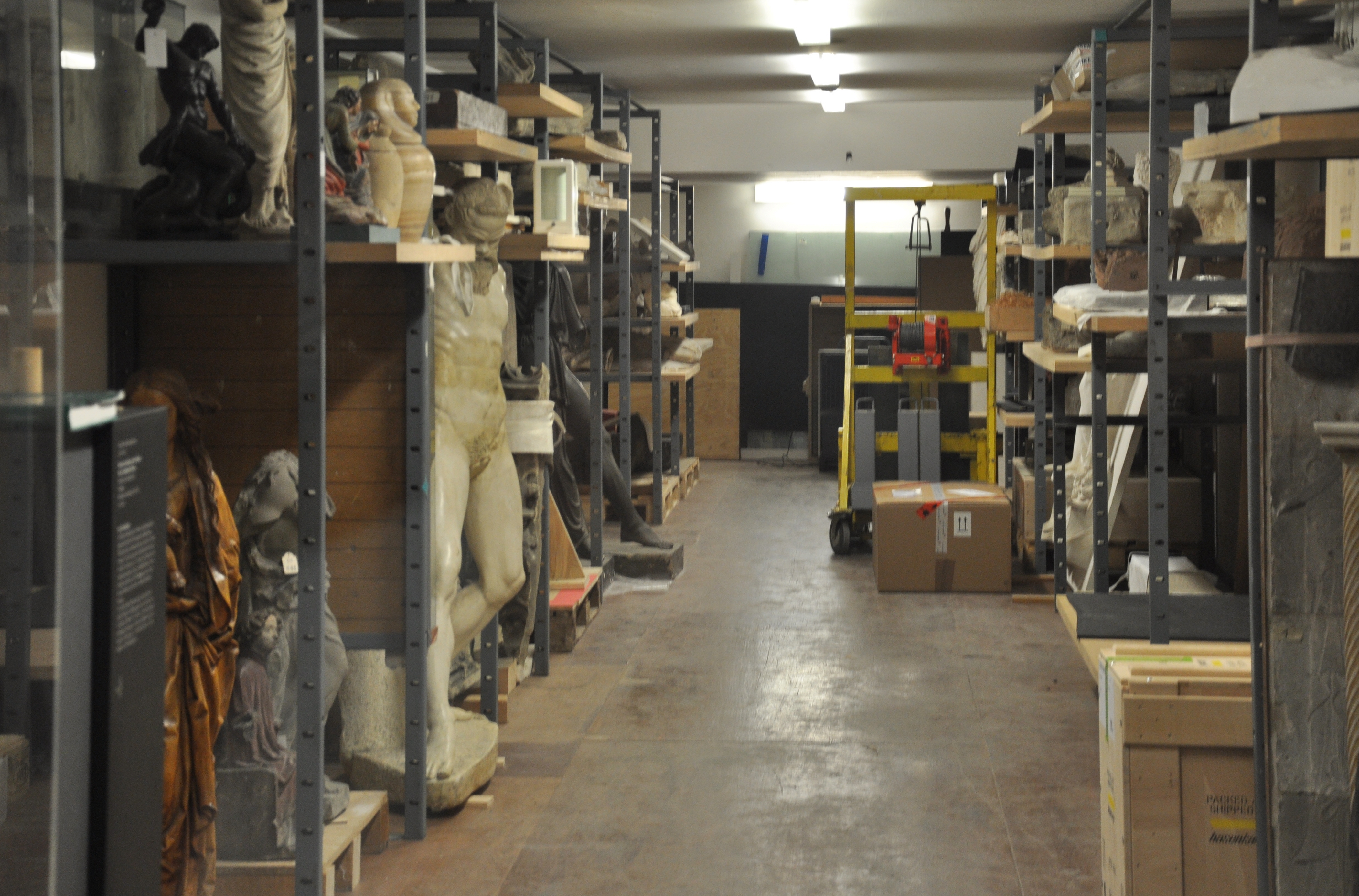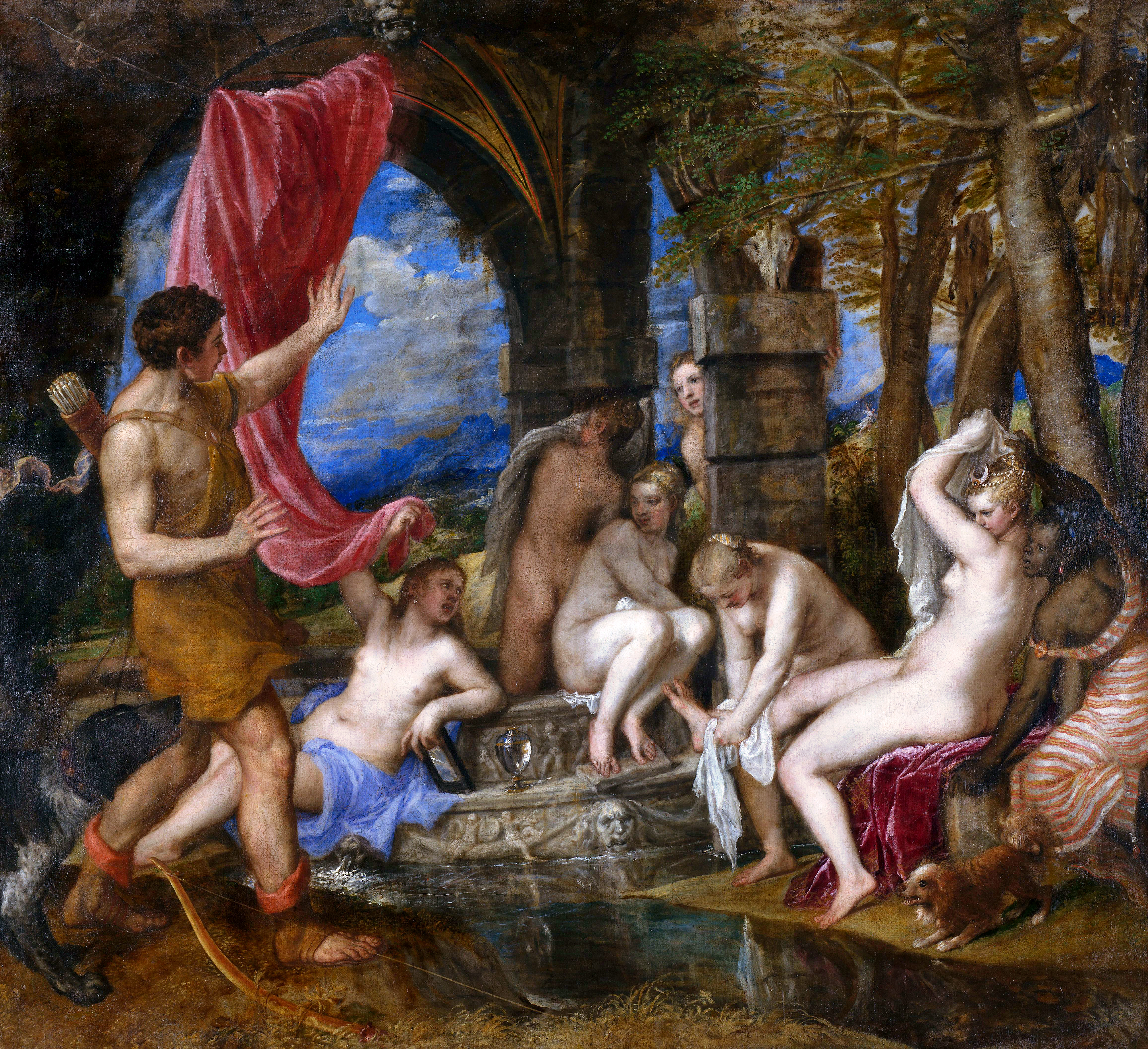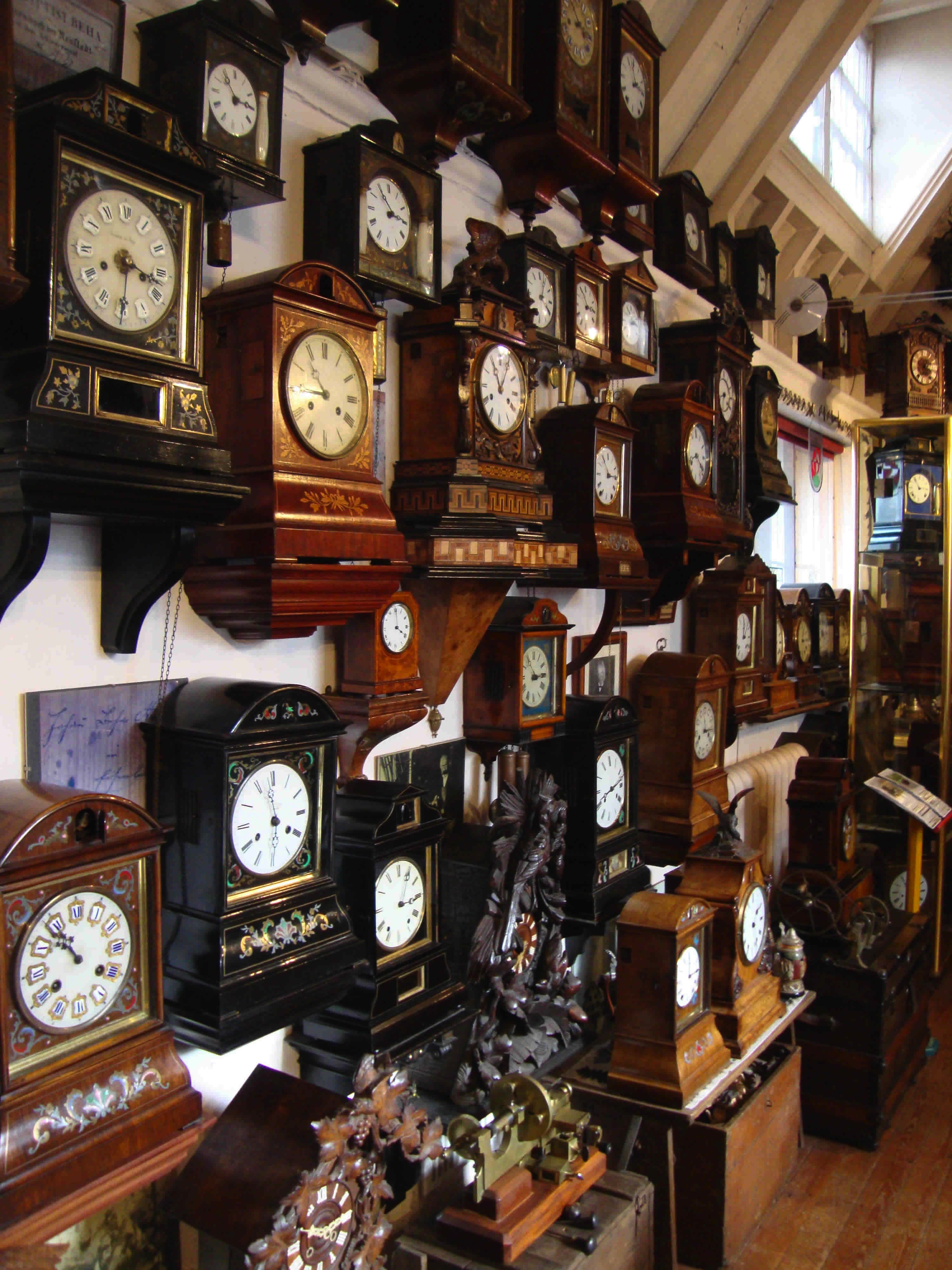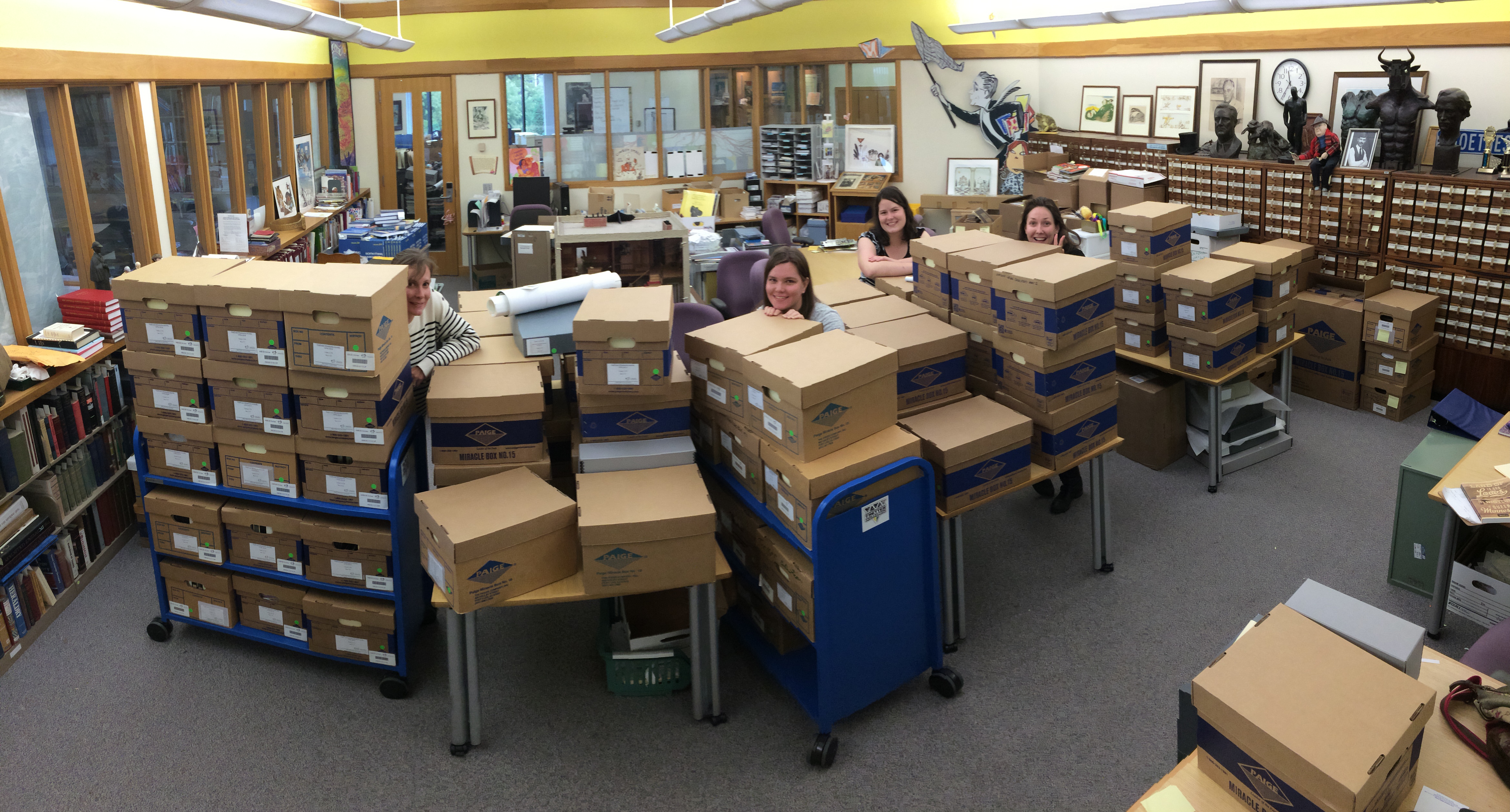|
Collection Manager
A collection manager ensures the proper care and preservation of objects within cultural institutions such as museums, libraries, and archives. Collection managers, along with registrars, curators, and conservators, play an important role in collections care. Collection Managers and Registrars are two distinct collection roles that are often combined into one within small to mid-size cultural institutions. Collection Managers can be found in large museums and those with a history and natural history focus whose diverse collections require experienced assessment to properly sort, catalog, and store artifacts. A collection manager may oversee the registrar, archivist, curator, photographer, or other collection professionals, and may assume the responsibilities of these roles in their absence within an organization. Differences between collection managers and registrars Collection managers are responsible for the long-term preservation of collections. They oversee the physical ca ... [...More Info...] [...Related Items...] OR: [Wikipedia] [Google] [Baidu] |
Liebieghaus Depot
The Liebieghaus is a late 19th-century villa in Frankfurt, Germany. It contains a sculpture museum, the ''Städtische Galerie Liebieghaus'', which is part of the Museumsufer on the Sachsenhausen bank of the River Main. Max Hollein was the director from January 2006 to 2016, followed by . History The Liebieghaus was built in 1896, in a palatial, Historicist style, as a retirement home for the Bohemian textile manufacturer Baron Heinrich von Liebieg (1839–1904). The city of Frankfurt acquired the building in 1908 and devoted it to the sculpture collection. A renovation was completed in October 2009. This included adding a publicly accessible "Open Depot", making it possible for the first time to view certain parts of the collection that are not in the permanent exhibition. Collection The museum includes ancient Greek, Roman and Egyptian sculpture, as well as Medieval, Baroque, Renaissance and Classicist pieces, and works from the Far East. The collection was built up mos ... [...More Info...] [...Related Items...] OR: [Wikipedia] [Google] [Baidu] |
Provenance
Provenance (from the French ''provenir'', 'to come from/forth') is the chronology of the ownership, custody or location of a historical object. The term was originally mostly used in relation to works of art but is now used in similar senses in a wide range of fields, including archaeology, paleontology, archives, manuscripts, printed books, the circular economy, and science and computing. The primary purpose of tracing the provenance of an object or entity is normally to provide contextual and circumstantial evidence for its original production or discovery, by establishing, as far as practicable, its later history, especially the sequences of its formal ownership, custody and places of storage. The practice has a particular value in helping authenticate objects. Comparative techniques, expert opinions and the results of scientific tests may also be used to these ends, but establishing provenance is essentially a matter of documentation. The term dates to the 1780s in Englis ... [...More Info...] [...Related Items...] OR: [Wikipedia] [Google] [Baidu] |
Museum Collections
A museum is distinguished by a collection of often unique objects that forms the core of its activities for exhibitions, education, research, etc. This differentiates it from an archive or library, where the contents may be more paper-based, replaceable and less exhibition oriented, or a private collection of art formed by an individual, family or institution that may grant no public access. A museum normally has a collecting policy for new acquisitions, so only objects in certain categories and of a certain quality are accepted into the collection. The process by which an object is formally included in the collection is called ''accessioning'' and each object is given a unique accession number. Museum collections, and archives in general, are normally catalogued in a collection catalogue, traditionally in a card index, but nowadays in a computerized database. Transferring collection catalogues onto computer-based media is a major undertaking for most museums. All new acquisiti ... [...More Info...] [...Related Items...] OR: [Wikipedia] [Google] [Baidu] |
Collection Managers
Collection or Collections may refer to: * Cash collection, the function of an accounts receivable department * Collection (church), money donated by the congregation during a church service * Collection agency, agency to collect cash * Collections management (museum) ** Collection (museum), objects in a particular field forms the core basis for the museum ** Fonds in archives ** Private collection, sometimes just called "collection" * Collection (Oxford colleges), a beginning-of-term exam or Principal's Collections * Collection (horse), a horse carrying more weight on his hindquarters than his forehand * Collection (racehorse), an Irish-bred, Hong Kong based Thoroughbred racehorse * Collection (publishing), a gathering of books under the same title at the same publisher * Scientific collection, any systematic collection of objects for scientific study Collection may also refer to: Computing * Collection (abstract data type), the abstract concept of collections in computer scien ... [...More Info...] [...Related Items...] OR: [Wikipedia] [Google] [Baidu] |
Burke Museum Of Natural History And Culture
The Burke Museum of Natural History and Culture (Burke Museum) is a natural history museum in Seattle, Washington, in the United States. Established in 1899 as the Washington State Museum, it traces its origins to a high school naturalist club formed in 1879. The museum is the oldest in Washington state and boasts a collection of more than 16 million artifacts, including the world's largest collection of spread bird wings. Located on the campus of the University of Washington, the Burke Museum is the official state museum of Washington. History Young Naturalists Society The roots of the Burke Museum can be traced to a natural history club formed by high school students in the 19th century. The group was formed in December 1879 by students Edmond S. Meany, J. O. Young, P. Brooks Randolph, and Charles Denny. Denny's father, city founder Arthur Denny, was a regent of the Territorial University of Washington and arranged for the group to meet on campus. The Young Naturalists ado ... [...More Info...] [...Related Items...] OR: [Wikipedia] [Google] [Baidu] |
Collection (museum)
A museum is distinguished by a collection of often unique objects that forms the core of its activities for exhibitions, education, research, etc. This differentiates it from an archive or library, where the contents may be more paper-based, replaceable and less exhibition oriented, or a private collection of art formed by an individual, family or institution that may grant no public access. A museum normally has a collecting policy for new acquisitions, so only objects in certain categories and of a certain quality are accepted into the collection. The process by which an object is formally included in the collection is called ''accessioning'' and each object is given a unique accession number. Museum collections, and archives in general, are normally catalogued in a collection catalogue, traditionally in a card index, but nowadays in a computerized database. Transferring collection catalogues onto computer-based media is a major undertaking for most museums. All new acquisiti ... [...More Info...] [...Related Items...] OR: [Wikipedia] [Google] [Baidu] |
Emergency Management
Emergency management or disaster management is the managerial function charged with creating the framework within which communities reduce vulnerability to hazards and cope with disasters. Emergency management, despite its name, does not actually focus on the management of emergencies, which can be understood as minor events with limited impacts and are managed through the day to day functions of a community. Instead, emergency management focuses on the management of disasters, which are events that produce more impacts than a community can handle on its own. The management of disasters tends to require some combination of activity from individuals and households, organizations, local, and/or higher levels of government. Although many different terminologies exist globally, the activities of emergency management can be generally categorized into preparedness, response, mitigation, and recovery, although other terms such as disaster risk reduction and prevention are also common. T ... [...More Info...] [...Related Items...] OR: [Wikipedia] [Google] [Baidu] |
Collections Policy
Collections management involves the development, storage, and preservation of cultural property, as well as objects of contemporary culture (including contemporary art, literature, technology, and documents) in museums, libraries, archives and private collections. The primary goal of collections management is to meet the needs of the individual collector or collecting institution's mission statement , while also ensuring the long-term safety and sustainability of the cultural objects within the collector's care. Collections management, which consists primarily of the administrative responsibilities associated with collection development, is closely related to collections care, which is the physical preservation of cultural heritage. The professionals most influenced by collections management include collection managers, registrars, and archivists. Definition Cultural property collections require a great deal of care and protection in order to ensure their safety from external ... [...More Info...] [...Related Items...] OR: [Wikipedia] [Google] [Baidu] |
Integrated Pest Management
Integrated pest management (IPM), also known as integrated pest control (IPC) is a broad-based approach that integrates both chemical and non-chemical practices for economic control of pests. IPM aims to suppress pest populations below the economic injury level (EIL). The UN's Food and Agriculture Organization defines IPM as "the careful consideration of all available pest control techniques and subsequent integration of appropriate measures that discourage the development of pest populations and keep pesticides and other interventions to levels that are economically justified and reduce or minimize risks to human health and the environment. IPM emphasizes the growth of a healthy crop with the least possible disruption to agro-ecosystems and encourages natural pest control mechanisms." Entomologists and ecologists have urged the adoption of IPM pest control since the 1970s. IPM allows for safer pest control. The introduction and spread of invasive species can also be managed ... [...More Info...] [...Related Items...] OR: [Wikipedia] [Google] [Baidu] |
Accession Number (library Science)
In libraries, art galleries, museums and archives, an accession number is a unique identifier assigned to, and achieving initial control of, each acquisition. Assignment of accession numbers typically occurs at the point of accessioning or cataloging. The term is something of a misnomer, because the form accession numbers take is often alpha-numeric.Witt, B.S., Whittfield, J.C., Stepansky, A.J. (2012) ''Pastperfect software for museum collections: Version 5 users guide.'' Retrieved from http://museumsoftware.com/v5userguide.html If an item is removed from the collection, its number is usually not reused for new items. In Libraries In libraries, this numbering system is usually in addition to the library classification number (or alphanumeric code) and to the ISBN or International Standard Book Number assigned by publishers. In Botany Accession numbers are also used in botany, by institutions with living collections like arboreta, botanic gardens, etc., to identify plants or ... [...More Info...] [...Related Items...] OR: [Wikipedia] [Google] [Baidu] |
Categorization
Categorization is the ability and activity of recognizing shared features or similarities between the elements of the experience of the world (such as objects, events, or ideas), organizing and classifying experience by associating them to a more abstract group (that is, a category, class, or type), on the basis of their traits, features, similarities or other criteria that are universal to the group. Categorization is considered one of the most fundamental cognitive abilities, and as such it is studied particularly by psychology and cognitive linguistics. Categorization is sometimes considered synonymous with classification (cf., Classification synonyms). Categorization and classification allow humans to organize things, objects, and ideas that exist around them and simplify their understanding of the world. Categorization is something that humans and other organisms ''do'': "doing the right thing with the right ''kind'' of thing." The activity of categorizing things can b ... [...More Info...] [...Related Items...] OR: [Wikipedia] [Google] [Baidu] |
Storage Gallery
Storage may refer to: Goods Containers * Dry cask storage, for storing high-level radioactive waste * Food storage * Intermodal container, cargo shipping * Storage tank Facilities * Garage (residential), a storage space normally used to store cars * Mail storage, storage by mail or delivery service * Self storage, a public storage facility * Warehouse, a commercial building for storage of goods Technology *Cloud storage *Computer data storage, a means to retain digital data *Data storage, general recording and retention of information *Energy storage *Specific storage, of groundwater in an aquifer Arts and entertainment * ''Storage'' (film), a 2009 Australian horror film * ''The Storage'', a 2011 Finnish film * ''Storage'' (album), a 1988 album by Merzbow * ''Storage Wars'', a reality television show * "Storage Wars", an episode of ''One Day at a Time'' (2017 TV series) Other * Storage (memory), a psychological and physiological process See also * * * Container (disambigu ... [...More Info...] [...Related Items...] OR: [Wikipedia] [Google] [Baidu] |





.jpg)

